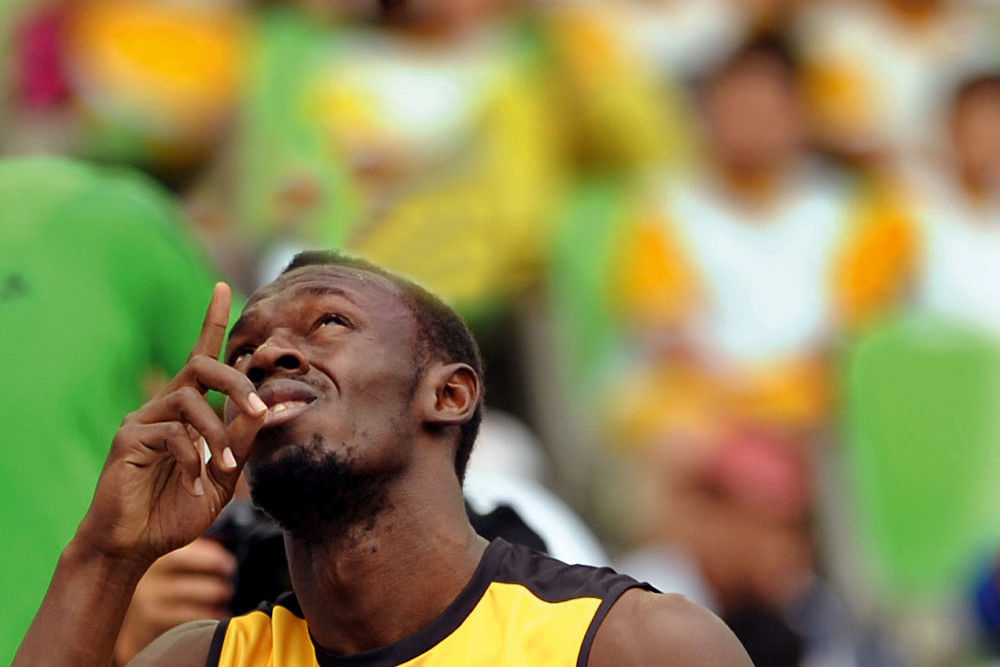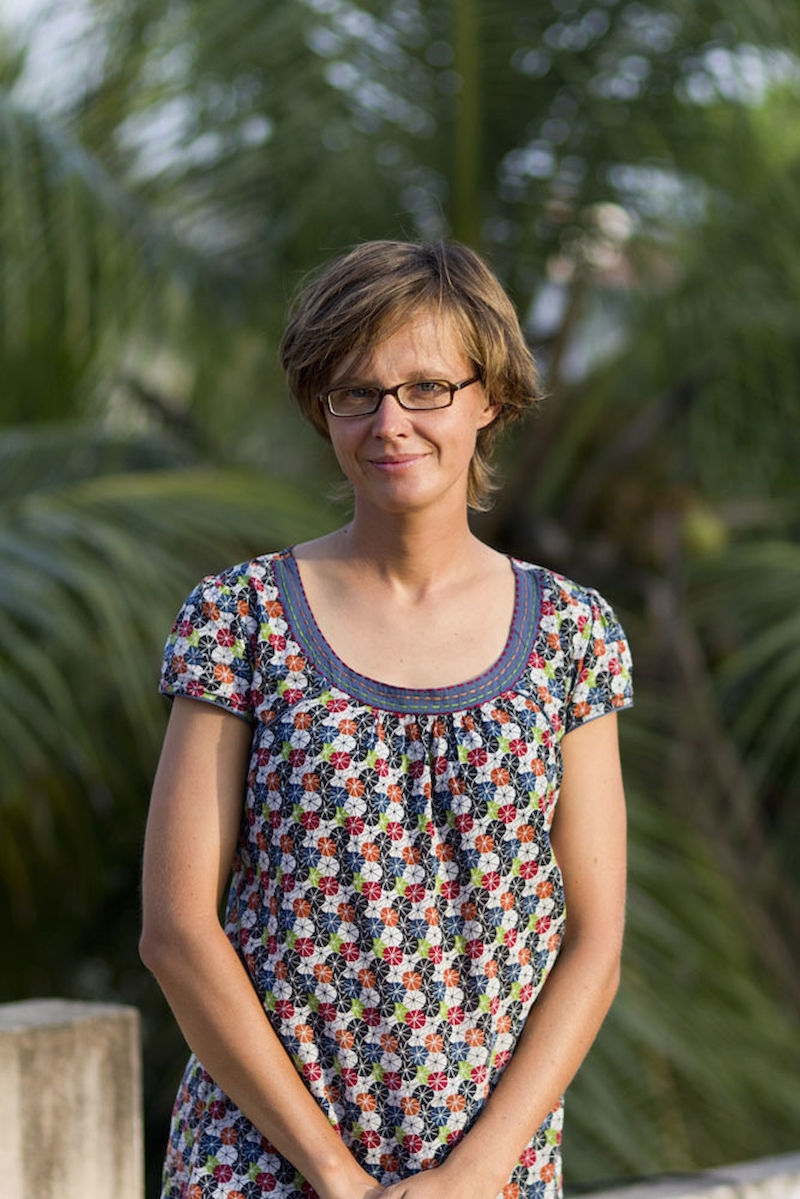No room on the field for religion?

“Sports and religion are two fundamental pillars of our society that share one thing in common,” Jana Conrad believes. “Just look at the Olympic Games, which were once a religious festival, or modern football gods. Yet how the one influences the other and how athletes utilise their faith to accomplish their athletic feats has been studied little up until now.” As a sports and ethnology student, Conrad was particularly interested in the socially critical topics of our times. Discussions about religion and its impact on people and their actions have become noticeably louder in the past few years. This is what kicked off her investigation of the topic in 2009, a topic which is still in the early stages of scientific consideration.
“In order to obtain the most comprehensive picture possible, I have approached the issue from two angles,” Conrad explains. “I started looking at Christianity’s fundamental attitude towards sports on the basis of the Bible, literature which has emerged from it, and sports pastors.” The central question here: does the Christian faith support doing sports or does the ‘Holy Book’ distance itself from it? “In the next step I contacted competitive athletes and examined their religiousness, motives, focus on achievement and belief in ability,” the 35-year-old adds. She surveyed a total of 98 competitive athletes for the study, from (wheelchair) basketball to track and field. “Finally I consolidated the findings in order to uncover congruities and contradictions between theory and sports practice and between non-religious, religious and highly religious athletes.”
She was able to produce some surprising results. “In general it can be said that Christianity and competitive sports are not in contradiction to one another so long as competitive sports are carried out under certain aspects and follow certain rules,” the sports ethnologist explains. “Thus sports are to be in line with basic Christian teachings and always be done out of obeisance to God. Sports should not be the main focus in life so that the family is neglected, for example.” But things appear quite differently in practice: “Sports actually play a central role for athletes who are considered to be highly religious, whereas there is more of a balance between sports and private life for the group of religious and non-religious athletes,” Conrad explains. In fact the most religiously devoted are the ones who don’t follow those requirements set down by religion.
“At the same time the quantitative survey reveals that the most highly religious group is less competitive and focused on winning than the religious and non-religious groups,” Conrad explains. “Their maxim has much more to do with honesty, fairness and achieving the best possible performance.” Participating in competitions is certainly important for the highly religious, however comparing themselves to others or their own performance is much less important. In addition, the highly religious believe considerably less in fate and reject lucky charms and superstitions due to their faith in God and their acceptance of His will. “It was much more surprising that the group of religious athletes did not reject superstition,” the sports scientist adds.
Unexpected commonalities did crop up between the three groups of athletes contrary to religious norms: “For the highly religious group honouring God was not the reason why they started and continued doing sports. In fact it was for the same reasons that the others who were surveyed did sports – they were introduced to sports through friends or family members and enjoyed doing it,” Conrad explains. “Furthermore, both groups measure their success by their own best possible performance.”
Based on her findings Conrad sees the need to differentiate between non-religious, religious and highly religious athletes in terms of the support and consultation which they receive in the future: “The highly religious athletes obviously have another background and other psychological constructs due to their faith. Sports psychology definitely needs to take this into account.” For example, there should be more of a focus on competition for highly religious athletes. Furthermore an attempt should be made to use religious faith more for motivational purposes or for overcoming difficult situations.
“It would also be exciting to examine the relationship between sports and faith in other religions,” adds the sports scientist who is currently working as a teacher for the aid organisation “Relief Foundation” in Chennai, India and who is confronting the challenges of living among a foreign culture and religion. In discourse with religious institutions and through sport’s official stance on the separation of religion and sports – for example FIFA has prohibited the display of religious messages on uniforms - Conrad sees another interesting field of research: “Understanding why such a separation has to be made, the impact of this and what the limits to portraying faith are.”
The publication “Die Bedeutung des christlichen Glaubens für Leistungssportlerinnen und Leistungssportler“ [The importance of the Christian faith for competitive athletes] by Dr. Jana Conrad appeared in “Schriften zur Sportpsychologie, Band 4” by the publisher Dr. Kovac and costs 85 euros.

